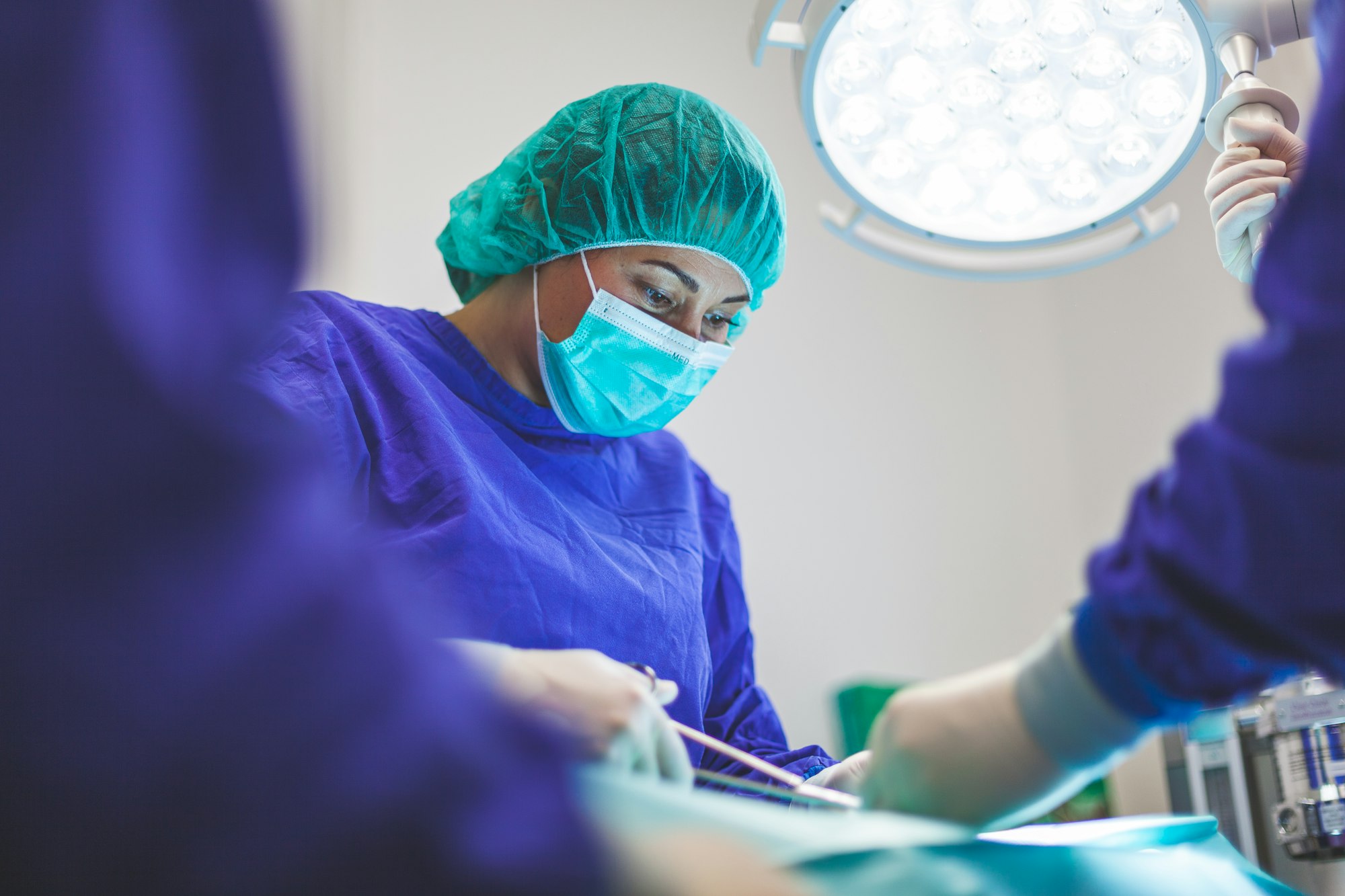Transplant Pharmacist: A Day in the Life
With so many career options available to pharmacists after graduation, the "Day in the Life" series is meant to provide you with insights into what it's like to be a pharmacist in various areas so that you can pursue what's right for you!

With so many career options available to pharmacists after graduation, the "Day in the Life" series is meant to provide you with insights into what it's like to be a pharmacist in various areas so that you can pursue what's right for you!

Questions #1-11 cover topics related to a day in the life of a clinical pharmacist working in solid organ transplantation.
1. Tell us a bit about your background (school, training, etc…)
From high school, I went to the University of Rhode Island (Go Rams!) for my PharmD degree. My mentor encouraged me to explore pharmacy practice outside of New England, so I went to Henry Ford Hospital in Detroit, Michigan for my PGY1. I then went on to Pittsburgh, Pennsylvania for my PGY2 in Solid Organ Transplant at the University of Pittsburgh Medical Center. I finished that about 10 years ago and began working as the transplant clinical specialist at Sentara Norfolk General Hospital in Norfolk, Virginia.
2. What are some of the best and worst things about working in transplant?
The BEST thing is how invaluable you are on the team. Between drug interactions, infections, protocol development, quality improvement and patient education (just to name a few), you are NEEDED on the team.
The WORST thing about working in transplant is how many opportunities you need to pass on because there is just not enough time in the day to complete everything. The days are busy and there are opportunities within the team and outside of the team (through organizations like ACCP, AST, ISHLT). There are a lot of unknowns in transplant, so research is ripe with opportunities. I love having students and residents so that we can work together to take on more. The last resident I had on rotation got to write up a nice case series for publication.
3. What are the main barriers to entry? (PGY2, 3-4 years experience, etc…)
There is a LOT to know for transplant. Most of my transplant colleagues have done a PGY2 in transplant. There are a few that spent years working in the field until they became proficient enough to get a specialist job.
4. Can you provide some background into how you found transplant as your field of interest?
During my PGY1, I elected to take a transplant rotation because I was completely unfamiliar with the subject from school. I figured it would be a challenge. I was impressed with how impactful a novice PGY1 could be on the transplant team. They were consistently asking me for renal adjustments for the kidney transplants with changing kidney function and for drug interactions with new antimicrobials they were adding. I realized quickly that the pharmacist on the transplant team is not optional. Even the Center for Medicare and Medicaid (CMS) realizes this and make it a requirement for transplant centers. I also realized that when you choose transplant, you are actually choosing critical care, infectious disease, internal medicine and ambulatory care all at once.
5. What transplants do you see frequently at your current facility?
We perform heart, kidney and pancreas transplants.
6. What are some of the challenges you face as a pharmacist working in transplant?
My biggest challenge is time. See above for the worst part of being a transplant pharmacist. Other challenges include: saving the hospital money (transplant drugs are mucho $$$), teaching pharmacists and residents, ensuring patients can afford their medications, reducing polypharmacy and keeping up with the literature.
7. How can current students or pharmacists best prepare for a career in transplant?
Find a practicing transplant pharmacist and ask them if they have any opportunities. Maybe there’s a case report you could write up or a patient to educate. Maybe there’s a nursing orientation lecture that could use some formatting. Maybe there’s a research project that you can get off the ground or a quality improvement project that you could work on and present to the team. There is always an opportunity to get your foot in the door and see if transplant pharmacy is where your interests lie.
8. What are some of the most common questions you are asked on the job?
From patients:
- Can I take these pills together?
- Can I have [insert supplement name]?
- I’m having this side effect, do you know what could be causing it?
From clinicians:
- Can you make sure everything is dosed right for their renal function?
- Can you look and see if there’s something making their tacrolimus level off?
- Have we ever [insert a super random scenario here]?
9. What is the biggest impact you think you have on patient care?
Patient education. After the surgery itself, the medications are the most important part of transplant and keeping the patient out of the hospital. Patients need to know the importance of the medications in keeping the organ working, preventing rejection and preventing infection. They also need to know the common side effects so they are not alarmed when they happen and know when to call the clinic.
10. What are your responsibilities/tasks during a typical workday?
A typical workday includes rounding with the transplant team, patient education and reviewing something for transplant. Currently, I am working on updating our kidney transplant antibody mediated rejection protocol to possibly remove rituximab and include tocilizumab.
11. What are some helpful tips for every day pharmacists to know about transplant?
If you are taking care of a transplant patient, don’t worry. It’s not that complicated. Make sure they get their normal immunosuppression (common regimen for renal transplant patient: tacrolimus, mycophenolate, prednisone, +/- Bactrim and Valcyte). If there’s a drug interaction with tacrolimus, get a level and make sure it’s a trough. If the patient is throwing up, choose another route to give their immunosuppression. Remember that these are regular patients that come to the hospital with regular problems that you can help fix.
The following questions are meant to be fun and provide some insight into the culture and personality of these professionals!
1. If 100 physicians fought 100 pharmacists, who would win? (Orthopedic surgeons not included)
This would have to be the pharmacists. We have all the supplies! We could hide in the med rooms, view cameras all over the hospital, and wait till they’re not looking to attack. We could use the locked pharmacy as the base for resupplying and the robots and automated dispensing cabinets for shields and weapons. Physicians have to ask every other specialty for supplies and the only thing stocked in the physician lounge is food (which pharmacy could poison with all our drugs). Pharmacists would win, hands-down!
2. Which pharmacy specialty is the best and why (not allowed to pick your own)
Ok, besides transplant, the only other specialty where you are making patients’ lives better is infectious diseases. Go ahead, prove me wrong. Every other specialty includes prolonging a slow decline of health (cardiology, diabetes, oncology, critical care, internal medicine, etc.). No thank you! Infectious disease FTW.

